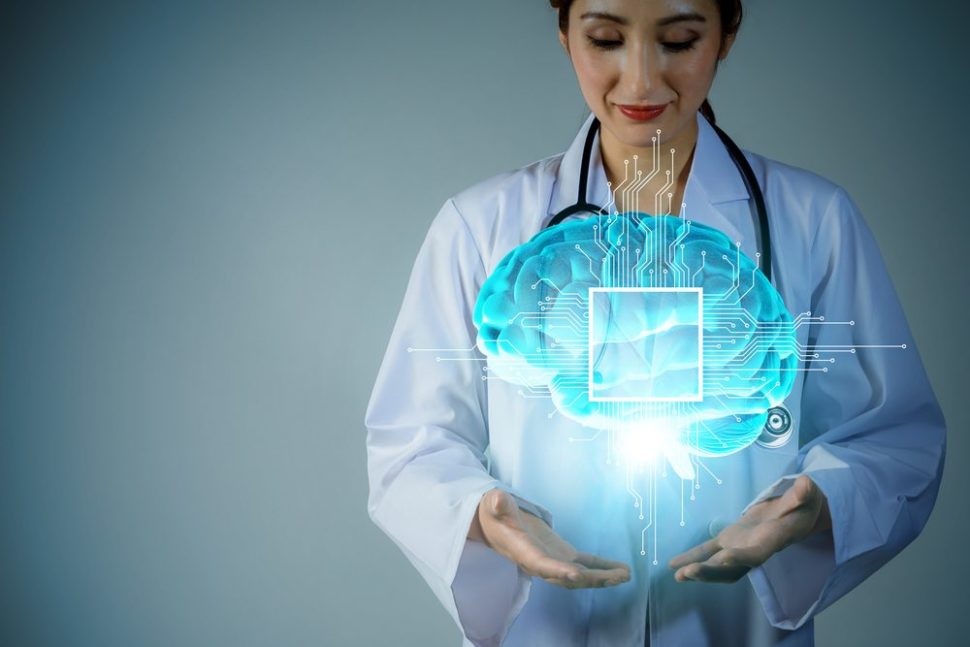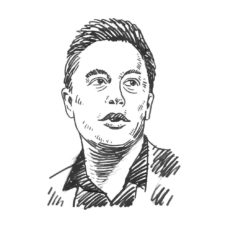The most recent advances in AI have opened up new and promising possibilities for personalized, precise and proactive medicine.
The integration of AI into hospitals and research centers is gradually transforming the healthcare world.
The market for AI in healthcare is experiencing a boom, carried by top tech companies and startups and driven by ever-increasing computing power, Big Data, and the proliferation of smartphones and connected devices.
For example, Apple’s newest Apple Watch encourages you to keep your health in check with a new arrhythmia monitor and a workout manager.
3 ways AI is helping ID health risks.Click To TweetLast year, Frost & Sullivan released a study where it projects the market for AI in healthcare to reach $6.6 billion USD by 2021, up from $634 million in 2014, all at a surprising 40% growth rate.
The report notes that AI clinical support (diagnosis and hospital workflows) would reduce treatment costs by as much as 50%, while improving outcomes by at least 30-40%.
From personalized and predictive medicine, early detection of side effects and dangerous interactions between medications, or the prevention of medical errors, these are only a few of the AI applications in the healthcare field.
In this post, we discuss three areas in which AI is already showing great potential.
1. Predictive Analysis
Predictive analytics tools can help physicians improve their decision-making and give more value to their expertise, and would also reduce the financial strain on both the patient and the healthcare system when working towards efficient diagnoses.
AI learning models, with their self-learning pattern recognition and predictive abilities, allow healthcare givers to put to good use massive amounts of data, including:
- symptoms,
- test results,
- diagnosis of similar patients,
- past treatment outcomes,
- and scientific literature and the latest medical research.
The ultimate goal is a predictive and preventive medicine that goes beyond simple hygiene recommendations.
Machine learning algorithms can detect in real-time, and with a minimal margin of error, the characteristic elements of known diseases, and give clinicians the opportunity to anticipate and set efficient treatment protocols.
2. Changing Radiology
Radiology is an essential tool for medical diagnosis and biomedical research that has become a routine procedure but costs a lot of money to the healthcare system.
Thanks to their pattern recognition ability, image analysis is one of the tasks at which AI models excel.
Self-learning algorithms are disrupting medical imaging technologies, opening up new perspectives in preventive medicine.
AI algorithms can analyze image in order to identify different sequences of a specific disease and extract data allowing radiologists to make a faster and more accurate diagnosis.
3. Anticipating the Evolution of Pathology
AI can give physicians clues about the future development of pathologies, years before there are any observable symptoms, and thereby give them the opportunity to tailor treatments.
For example, Alzheimer’s disease is a gradual process and the brain undergoes many functional changes before plain signs appear on the medical images.
Machine Learning algorithms make it possible today to carry out analyses on the anatomical variations and the evolution of certain pathologies, in particular, neurodegenerative diseases.
Check out this algorithm that can detect signs of Alzheimer’s disease from brain scans a decade before the disease manifests.
AI has already been used to detect early forms of dementia, such as mild cognitive impairment (MCI), helping doctors to predict if the patient is likely to develop Alzheimer’s disease.



















Comments (0)
Most Recent